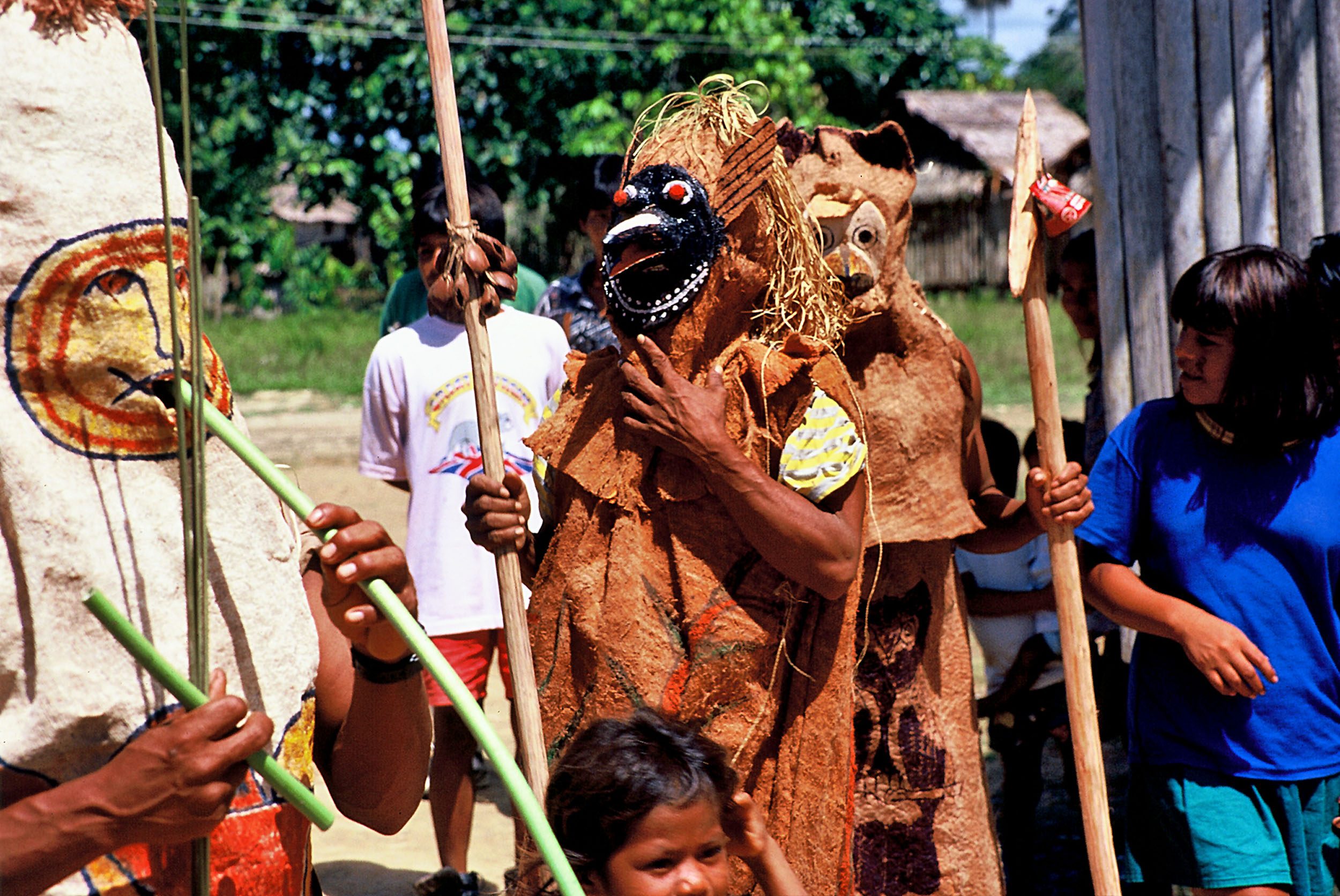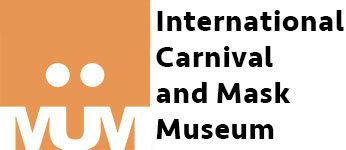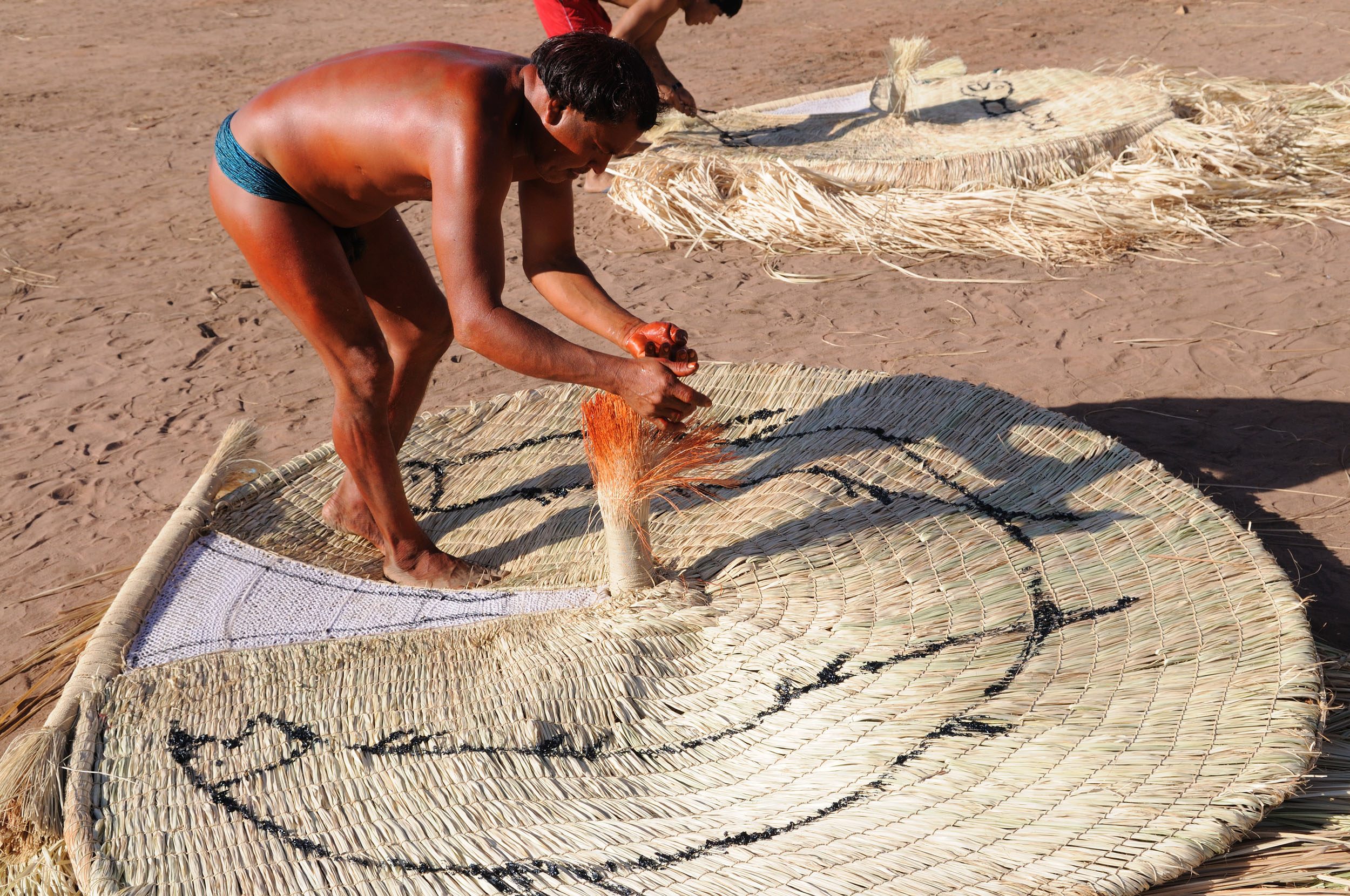Scientific research

Through ethnographic fieldwork, the organization of symposiums and the publication of exhibition catalogues and books, the Museum actively participates in research in various fields such as the study of intangible heritage, the ethnographic approach of masking practices, festive studies, religious anthropology etc.
This research is undertaken by our internal team, but also in the framework of collaborations and partnerships with a large number of national and international actors (see Collaborations). In practical terms, our scientific research consists of two components: fieldwork and knowledge diffusion.
Ethnographic fieldwork contributes to broadening and completing our knowledge on the masking practices of the whole world. During these trips, acquisitions (see Loans and Acquisitions) of new objects can be made, but they do not represent the only objective of this on-site research. Observations or ethnographic inquiries are made with the concerned groups and photographic reports or video reports are made whenever possible.
By means of all these documents collected in view of new exhibitions, these living practices can be put back as far as possible into their original context.
The organization of and participation in colloquiums, conferences and discussion days give us the opportunity to invite researchers to present the results of their research, to stimulate exchange, contacts and collaborations. The Museum’s role is to foster meetings between national and international researchers, but also to permit the dissemination of the amazing results of their research to the broad public.
Finally, the publication of books and exhibition catalogues is also a means of participation in research concerning various fields (see Publications) and of knowledge vulgarization. The Museum acts like a dissemination platform between the scientific sphere and the public, I. e. the culture lovers.


